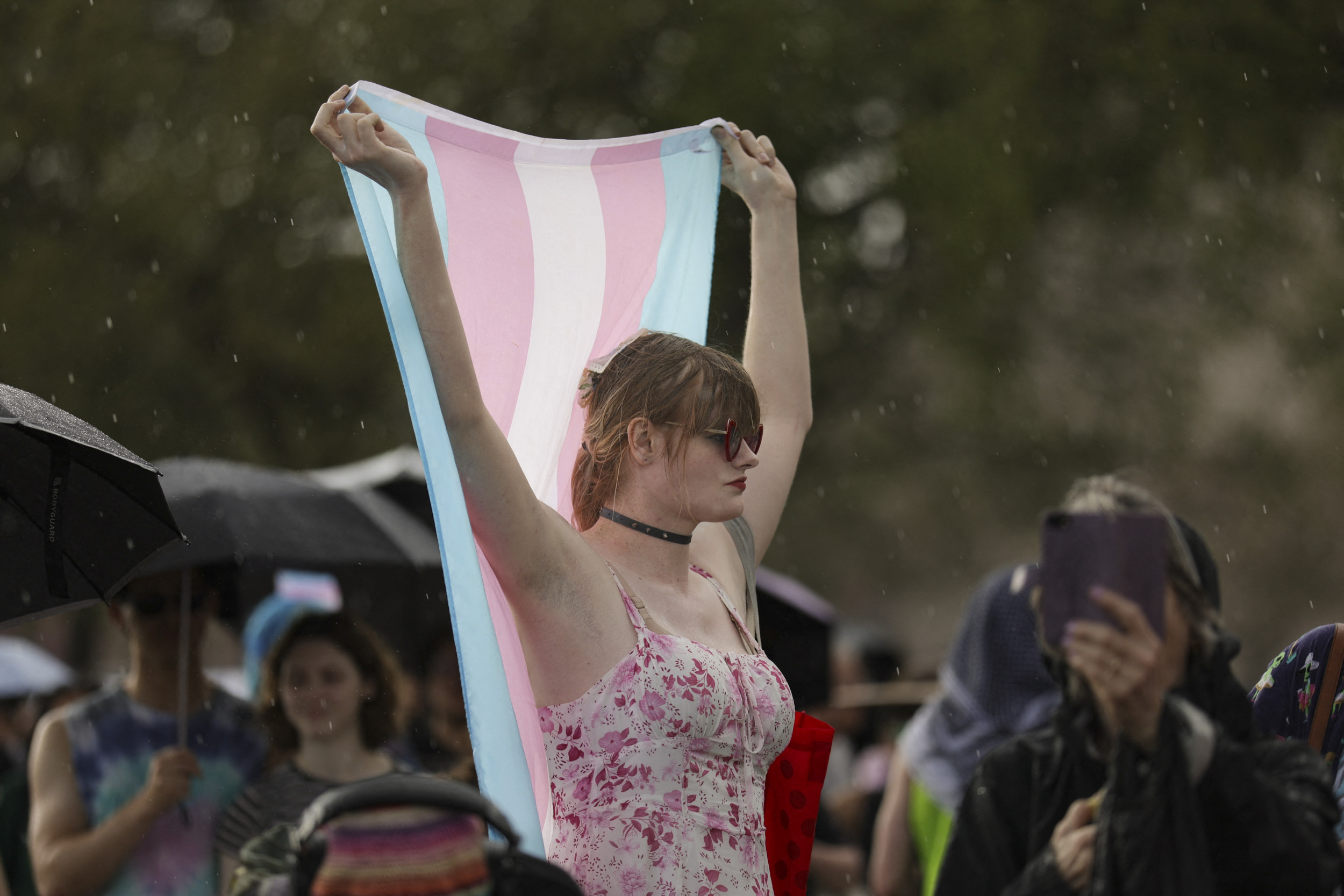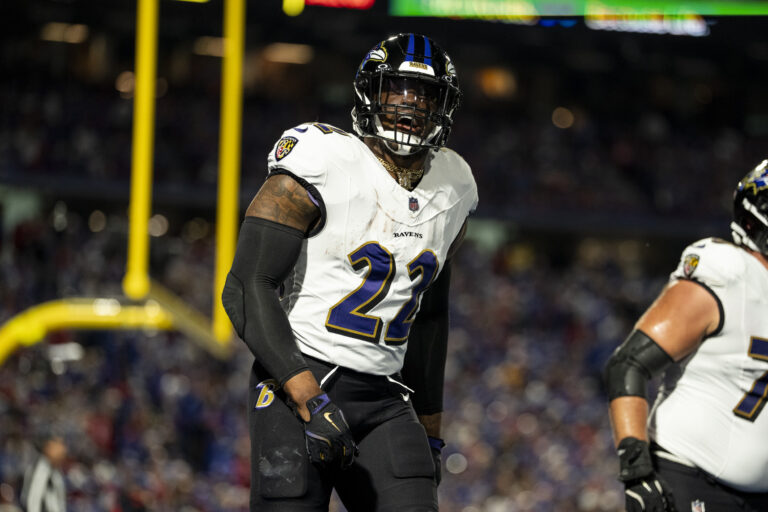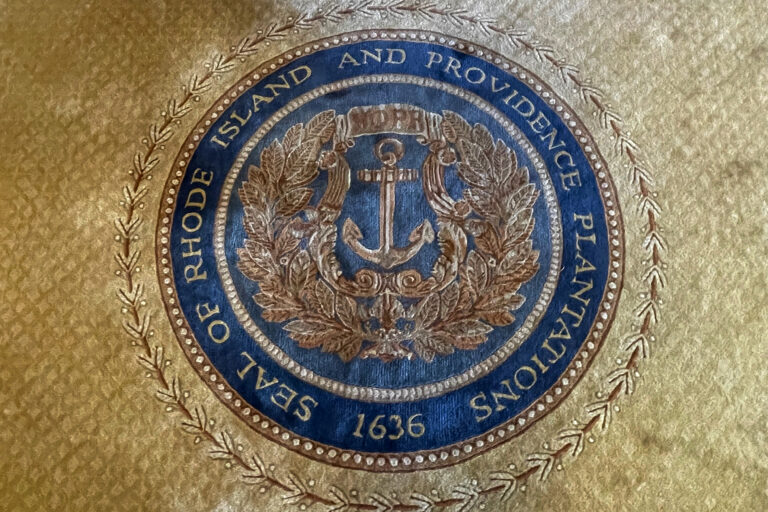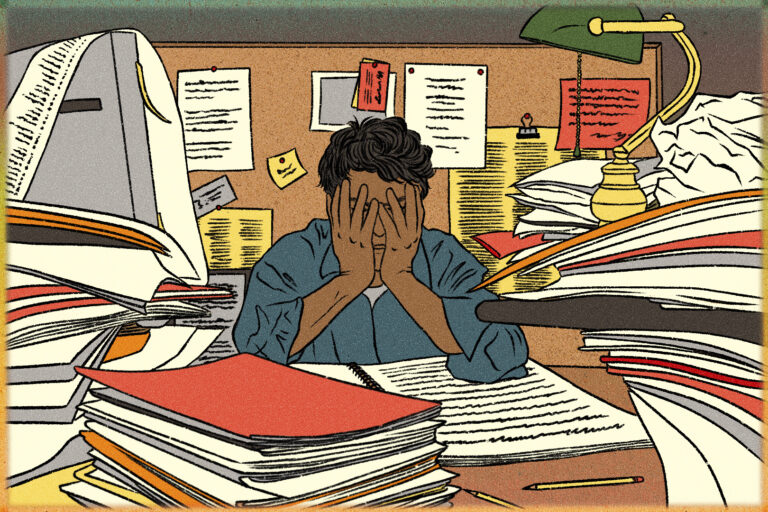
Gay and lesbian adults identify more with straight and bisexual individuals, nearly doubling in percentage compared to what they have in common with transgender individuals, according to a new survey.
Why It Matters
It’s approaching 10 years to the day since the U.S. Supreme Court guaranteed rights to same-sex marriage in the Obergefell v. Hodges decision, effectively raising public awareness and sentiment towards gay unions. The Trump administration successfully ran on LGBTQ issues including limiting genders to two (male and female), and banning male-born transgender athletes from competing in women’s sports.
What To Know
A new survey published Thursday by the Pew Research Center looked into how LGBTQ adults see the impact of Obergefell, how they view social acceptance for LGBTQ adults more broadly, and how their personal experiences align with public opinion.
About half of gay and lesbian adults said they have a great deal or a fair amount in common with bisexual people (50 percent) and straight people (51 percent), compared to 28 percent who said they have a lot in common with transgender people.

BRYAN DOZIER/Middle East Images/AFP via Getty Images
While roughly 70 percent of transgender adults say they have feared for their personal safety at some point, roughly 52 percent of gay or lesbian adults and 28 percent of bisexual adults said the same.
While transgender respondents said they had more in common with gay or lesbian individuals and people who are bisexual, both at 63 percent, just 27 percent of them said they had a lot in common with most people who are straight.
Overall, consistency has continued in terms of American sentiment overall on gay marriage—climbing from 31 percent of support prior to legalization in 2004, to 55 percent support in 2015. In 2023, about 63 percent supported it.
While most surveyed LGBTQ adults said there is more acceptance today compared with 10 years ago for gay, bisexual and transgender individuals—with an expectation of even more acceptance a decade from now—they acknowledge that different groups under the LGBTQ umbrella are viewed differently in America.
Approximately 61 percent of respondents reported a fair amount of acceptance for people who are gay or lesbian, and roughly 52 percent said the same regarding bisexual individuals. But just 14 and 13 percent expressed a great or fair amount of acceptance for nonbinary and transgender individuals, respectively.
Pew surveyed 3,959 LGBTQ adults from January 8 to January 19, 2025, prior to Trump being inaugurated for his second term.
What People Are Saying
President Donald Trump on Truth Social, threatening to withhold “large scale” federal funding from California if a trans girl athlete was allowed to compete in California’s state finals: “THIS IS NOT FAIR, AND TOTALLY DEMEANING TO WOMEN AND GIRLS.”
M. E. Castle, director of government relations for Texas Values, a Christian advocacy group, in a statement posted to X after the Texas Senate approved a two-gender bill: “The message is clear: You don’t mess with Texas women. HB 229 makes sure that the reality and truth of the two sexes is clear in Texas law and never altered by school districts, local cities, or bureaucrats ever again! With today’s vote in the Senate, Texas will lay the foundation for protecting women’s spaces and opportunities.”
What Happens Next
About 41 percent of transgender adults told Pew they feel extremely or very connected to the broader LGBTQ community, compared with 24 percent of gay or lesbian adults and 18 percent of bisexual adults.




